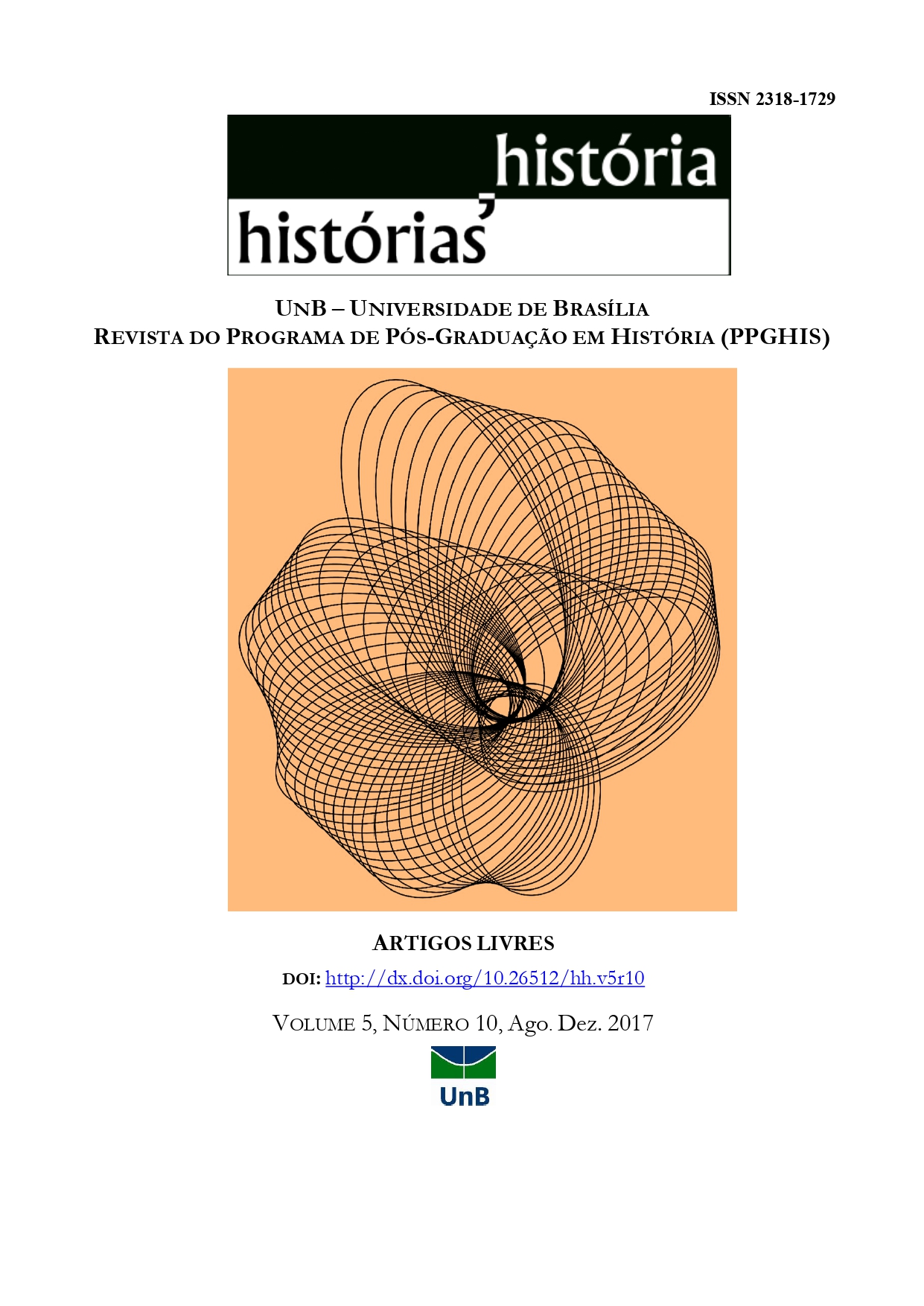Mulher, operária:
o labor feminino ocupando o espaço público do trabalho (Belém, 1930-1935)
DOI:
https://doi.org/10.26512/hh.v5i10.10999Keywords:
Operariado Feminino, Gênero, História das Mulheres, Espaço PúblicoAbstract
O presente artigo debruça-se sobre o construto circundante à ocupação feminina do espaço público do trabalho em uma capital da Amazônia na primeira metade do decênio de 1930, para tanto, fundamentamos a análise das fontes (jornais da época e documentação alocada no Arquivo Público do Estado do Pará - APEP) nas premissas de Joana M. Pedro e Margareth Rago, acerca do uso da categoria gênero na historiografia; Pierre Bourdieu, quanto à dominação masculina; Roger Chartier, no que tange à representação social, entre outros. Nossa pesquisa constatou o avanço da mulher na ocupação do espaço público do trabalho, as tensões, solidariedades e desigualdades com o elemento masculino, e entre as próprias mulheres, o apelo moral quanto ao trabalho feminino noturno e os assédios dentro e fora dos ambientes de labuta. Um diálogo fecundo com a atmosfera social própria do contexto político-cultural no qual estavam insertas: aproximação e distanciamento entre operárias e feministas, conquista de direitos, conflitos e mazelas tangenciadoras à condição de mulher, de operária.
Downloads
Downloads
Published
How to Cite
Issue
Section
License
Authors who submit papers with this journal agree to the following terms:
a) Authors retain copyright and grant the journal right of first publication with the work simultaneously licensed under a Creative Commons Attribution License that allows others to share the work with an acknowledgement of the work's authorship and initial publication in this journal.
b) Authors are able to enter into separate, additional contractual arrangements for the non-exclusive distribution of the journal's published version of the work (e.g., post it to an institutional repository or publish it in a book), with an acknowledgement of its initial publication in this journal.
c) Authors are permitted and encouraged to post their work online (e.g., in institutional repositories or on their website) prior to and during the submission process, as it can lead to productive exchanges, as well as earlier and greater citation of published work.




